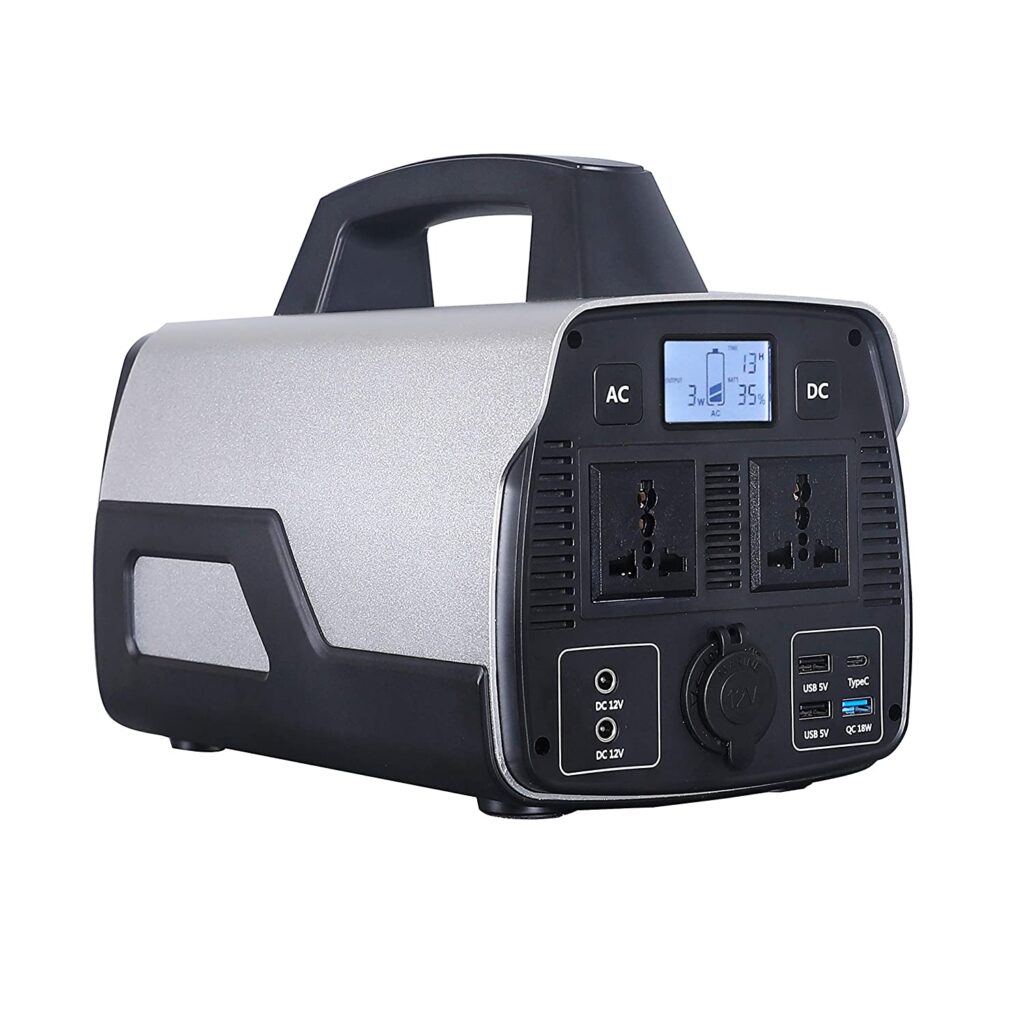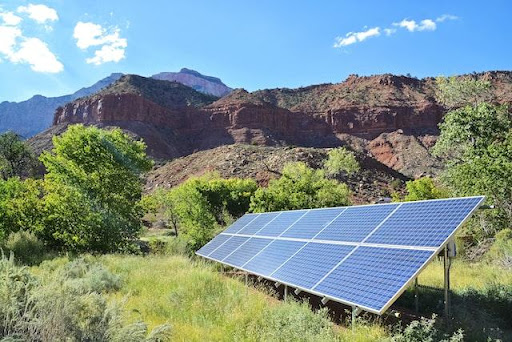With costs quickly dropping and an ever greater array of financial incentives for cleaner energy, there’s never been a better time to make the jump and finally purchase a solar generator.
Whether you’re looking for something that can power everything you need while on a camping trip or something more substantial that can step in during power outages, there are plenty of options. But before you dive in, here are some points to consider before purchasing a solar generator.
1. Energy Capacity & Needs
Before you even start shopping, be clear about what exactly you want or need. There is a wide variety in the line of solar generators in today’s market, ranging from the small and portable suitable for backpackers to the larger, higher capacity models that can keep your home going during a blackout.
Smaller models have no problem keeping phone batteries charged and perhaps a small camping fridge running. However, they will struggle with anything more substantial.
For something that will be able to see you through several days of a blackout, you’ll need to invest in something much bigger with a larger capacity.
2. Battery Storage
You should also think carefully about the battery storage capacity. Again, this might link back to what you are looking to use the generator to run.
The battery storage capacity essentially refers to how long a solar generator can provide energy before needing to recharge. The measurements are typically in kilowatt-hours, with one hour equal to 1,000 watts. And to put that into a real-world example, a single 60-watt lightbulb uses around .06% of 1000 watts, therefore .06kWh.
Generators can range anywhere from just below 1 kWh to 25 kWh under the right circumstances. Since the average American home uses roughly 29.36 kWh per day, it’s essential to get something that can suit your needs.
3. Portability
Solar generators are getting smaller and more portable but also more powerful. Are you looking for something that you can throw in a rucksack and then do a 20-mile hike with, or do you think something much larger with a greater energy capacity?

Portability might also factor into how and where you set up the generator. A portable model is more efficient if you want to charge it using solar power but don’t want to install it on your roof.
4. Generator Design
Look hard enough, and you’ll find numerous variations and notable design features among generators.
Consider the number of plugs or USB sockets you need, how long each generator takes to charge, and what kind of lifecycle the battery has.
Lastly, we come to the more nitty-gritty features. Do you need a generator with a set of wheels for easy maneuverability? How about an app that monitors all your power settings from your phone? It’s these small features that turn a good generator into a great one.
Conclusion
With so many new solar generators appearing on the market, matching the right one with your needs can become tricky, which is why narrowing down the list is essential. Whether you need a camping companion or a home savior in the worst-case scenario, a portable solar generator is an excellent choice when you need to keep those phones charged and those lights on.





